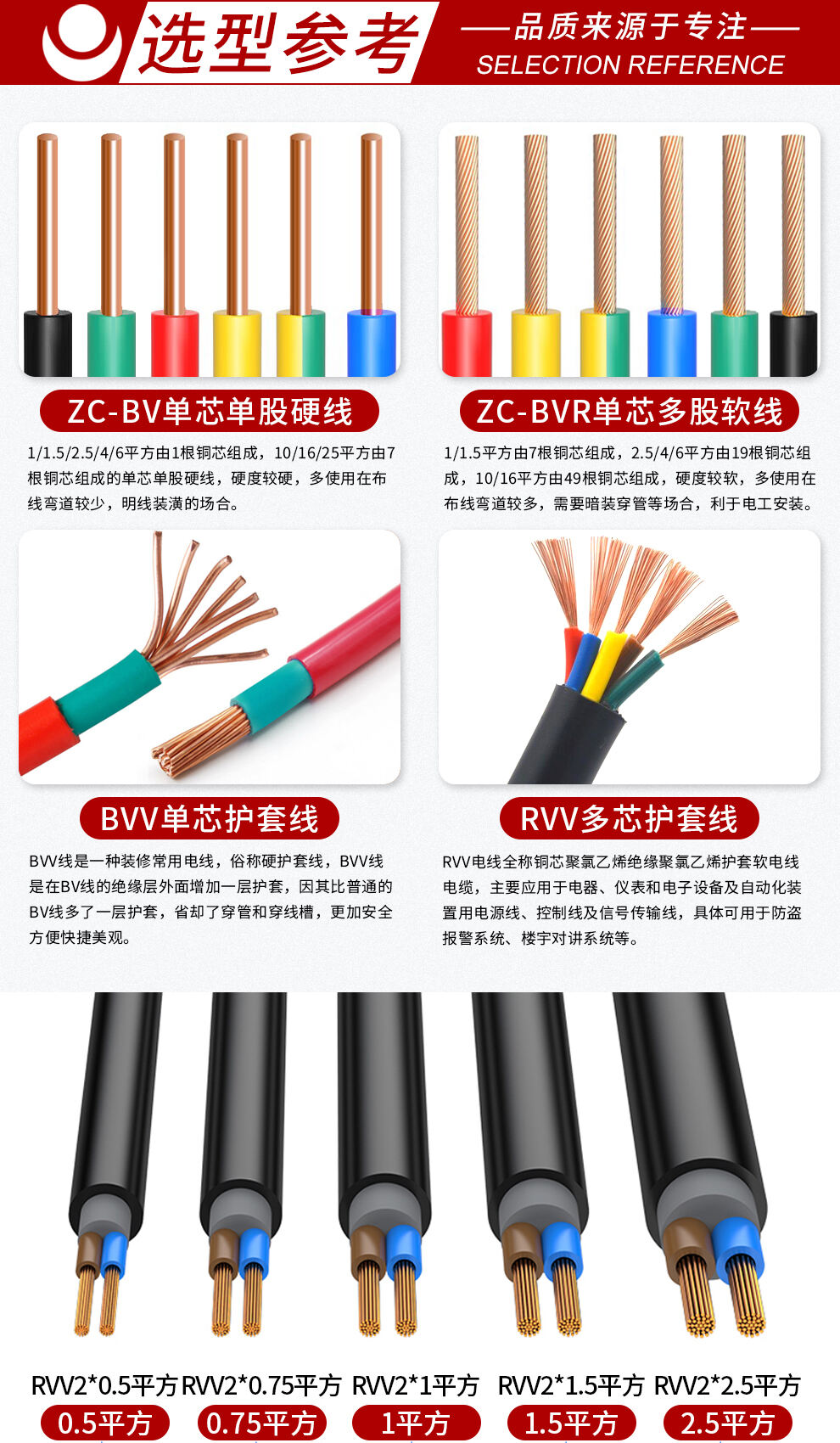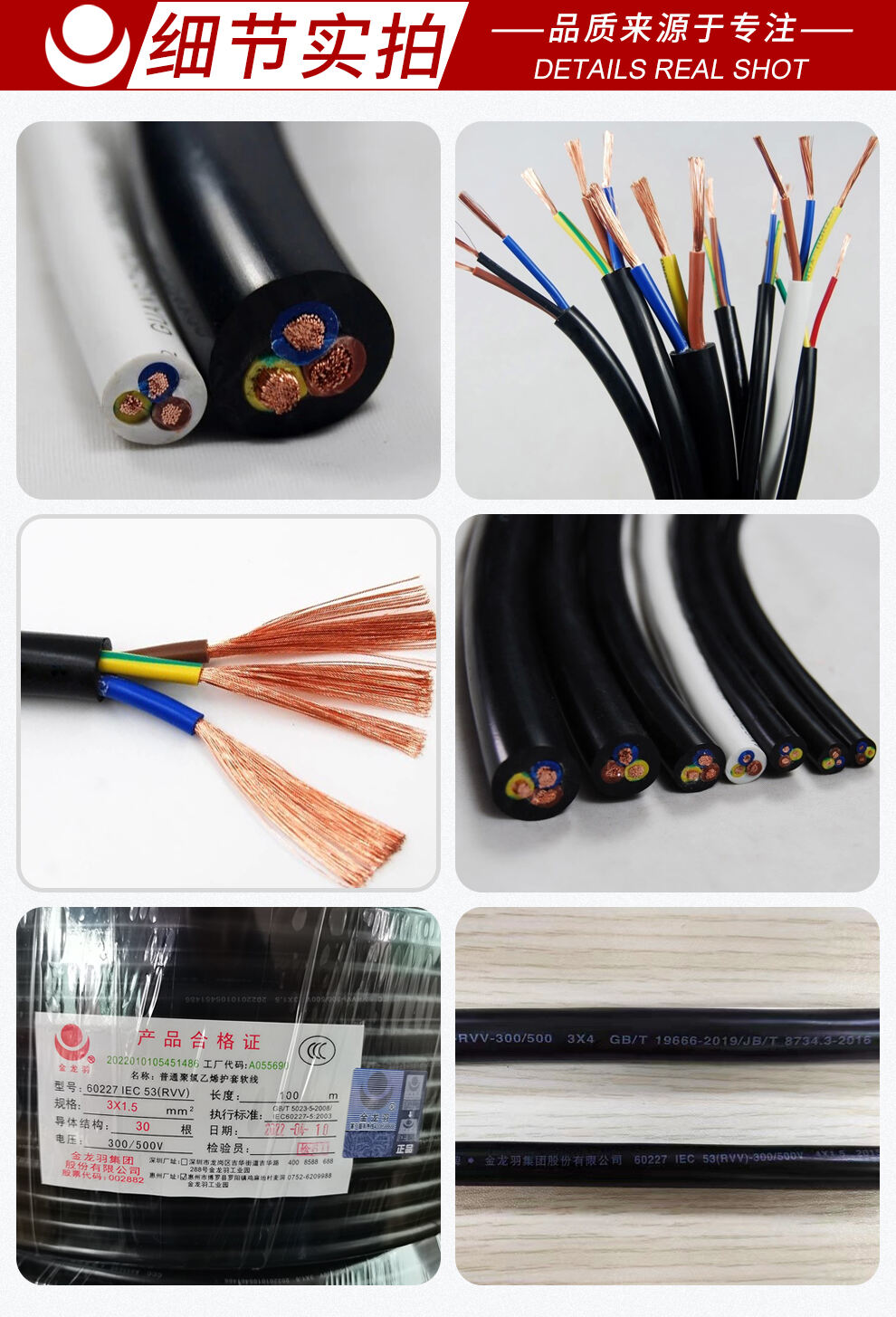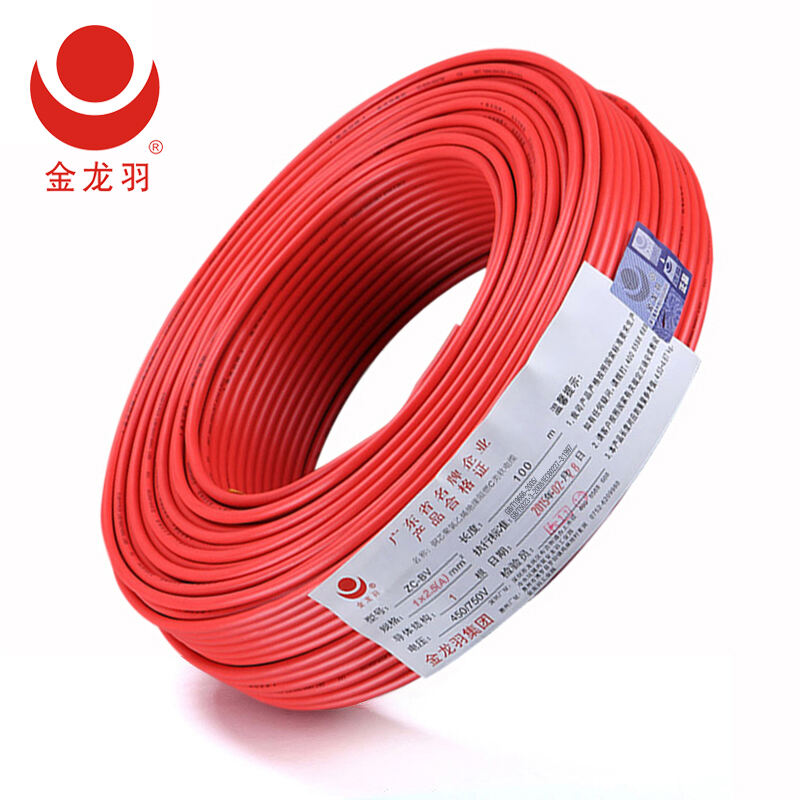Safety standards for wiring are comprehensive sets of regulations and guidelines established to protect individuals, property, and electrical systems from hazards associated with electrical installations. These standards cover various aspects, starting from the selection of materials. Electrical wires and cables must meet specific requirements regarding conductor material (usually copper or aluminum), insulation type, and thickness to ensure proper electrical insulation and prevent electrical shock. For example, in residential wiring, grounded conductors are mandatory to provide a safe path for electrical current in case of a fault. Installation practices are also strictly regulated; wires must be properly routed, secured, and protected from physical damage. Junction boxes are required to enclose electrical connections, preventing accidental contact with live wires. In commercial and industrial settings, additional safety standards apply, such as the use of fire - resistant cables in areas where fire safety is critical and the implementation of proper grounding and bonding systems to prevent electrical surges. Standards organizations like the International Electrotechnical Commission (IEC) and national regulatory bodies play a vital role in setting and updating these safety standards. Weidong Technology adheres to these safety standards in the manufacturing and distribution of its electrical wiring products, ensuring that their "Heshengtong" brand products, available across multiple provinces in China, provide reliable and safe electrical solutions for various projects.


